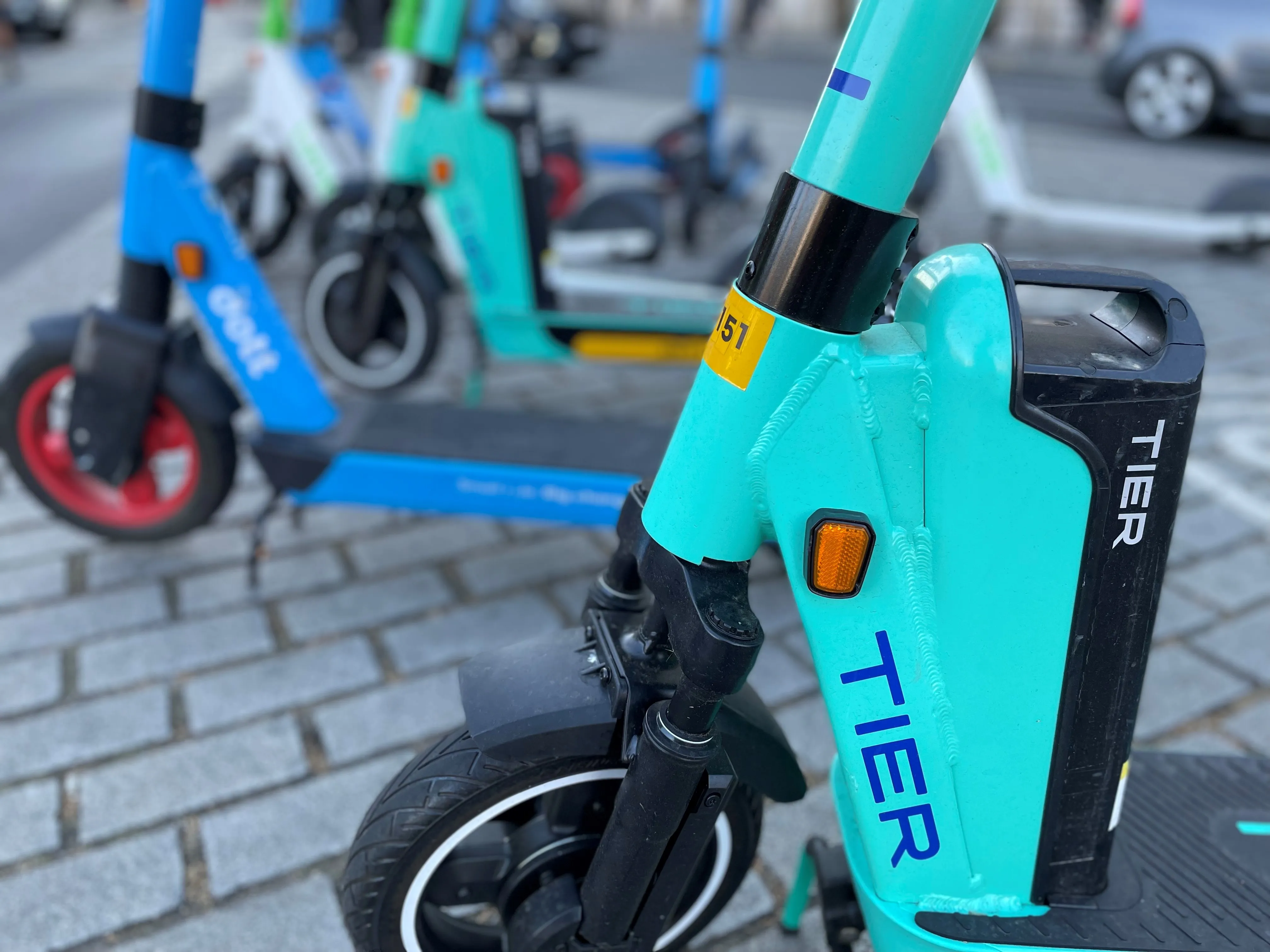Ambitious emissions ceilings and a timeframe for real-world emissions testing should be set, say transport MEPs in an own-initiative report on sustainable urban mobility voted on this week by the Transport and Tourism committee. Ensuring reliable public transport and promoting car-sharing as well as ICT to help reduce the need for journeys to work would help reduce traffic congestion and cycling and walking should be encouraged, they say.
European transport MEPS believe the Commission should set effectiv
November 12, 2015
Read time: 3 mins
Ambitious emissions ceilings and a timeframe for real-world emissions testing should be set, say transport MEPs in an own-initiative report on sustainable urban mobility voted on this week by the Transport and Tourism committee. Ensuring reliable public transport and promoting car-sharing as well as ICT to help reduce the need for journeys to work would help reduce traffic congestion and cycling and walking should be encouraged, they say.
European transport MEPS believe the Commission should set effective and ambitious emission ceilings under the National Emission Ceilings directive (NEC), ambitious car emission performance standards and a clear timeframe for putting in place real-world driving emission testing for private vehicles.
In an own-initiative report on sustainable urban mobility voted on this week by the Transport and Tourism committee, they say cities could support shifts towards alternative means of transport and less-polluting vehicles. Electric vehicles and vehicles powered by alternative fuels are important to the reduction of emissions in cities, they add, and encourage the EU countries together with the industry to develop relevant refuelling and recharging infrastructure.
The report proposes that use of public transport should be promoted and ICT technologies and tele-working could help reduce the need for journeys into work; car-sharing, ride-sharing and car-pooling services make better use of existing resources and help to reduce cars in cities.
MEPs also encourage EU members states to improve connectivity of suburban parking spaces with rail or public transport services through initiatives such as park and ride options and encourage local authorities to provide support and/or incentives to freight operators to make urban freight transport more sustainable. They also recommend the use of non-motorised transport and conditions for walking and cycling. The Commission and EU countries could raise awareness for cycling and alternative transport modes and cities could organise bicycle sharing systems.
MEPs call on the Commission and the Member States to support research programmes on new technologies, new business models, and new integrated sustainable urban mobility practices and urban logistics and to promote and encourage best practice exchanges and guidance in order to tackle urban mobility challenges and facilitate the transfer of skills and technologies in the field of sustainable mobility.
They also call on the Commission and the Member States to put ambitious measures on sustainable urban mobility high on the agenda of the COP in Paris in December 2015.
European transport MEPS believe the Commission should set effective and ambitious emission ceilings under the National Emission Ceilings directive (NEC), ambitious car emission performance standards and a clear timeframe for putting in place real-world driving emission testing for private vehicles.
In an own-initiative report on sustainable urban mobility voted on this week by the Transport and Tourism committee, they say cities could support shifts towards alternative means of transport and less-polluting vehicles. Electric vehicles and vehicles powered by alternative fuels are important to the reduction of emissions in cities, they add, and encourage the EU countries together with the industry to develop relevant refuelling and recharging infrastructure.
The report proposes that use of public transport should be promoted and ICT technologies and tele-working could help reduce the need for journeys into work; car-sharing, ride-sharing and car-pooling services make better use of existing resources and help to reduce cars in cities.
MEPs also encourage EU members states to improve connectivity of suburban parking spaces with rail or public transport services through initiatives such as park and ride options and encourage local authorities to provide support and/or incentives to freight operators to make urban freight transport more sustainable. They also recommend the use of non-motorised transport and conditions for walking and cycling. The Commission and EU countries could raise awareness for cycling and alternative transport modes and cities could organise bicycle sharing systems.
MEPs call on the Commission and the Member States to support research programmes on new technologies, new business models, and new integrated sustainable urban mobility practices and urban logistics and to promote and encourage best practice exchanges and guidance in order to tackle urban mobility challenges and facilitate the transfer of skills and technologies in the field of sustainable mobility.
They also call on the Commission and the Member States to put ambitious measures on sustainable urban mobility high on the agenda of the COP in Paris in December 2015.









